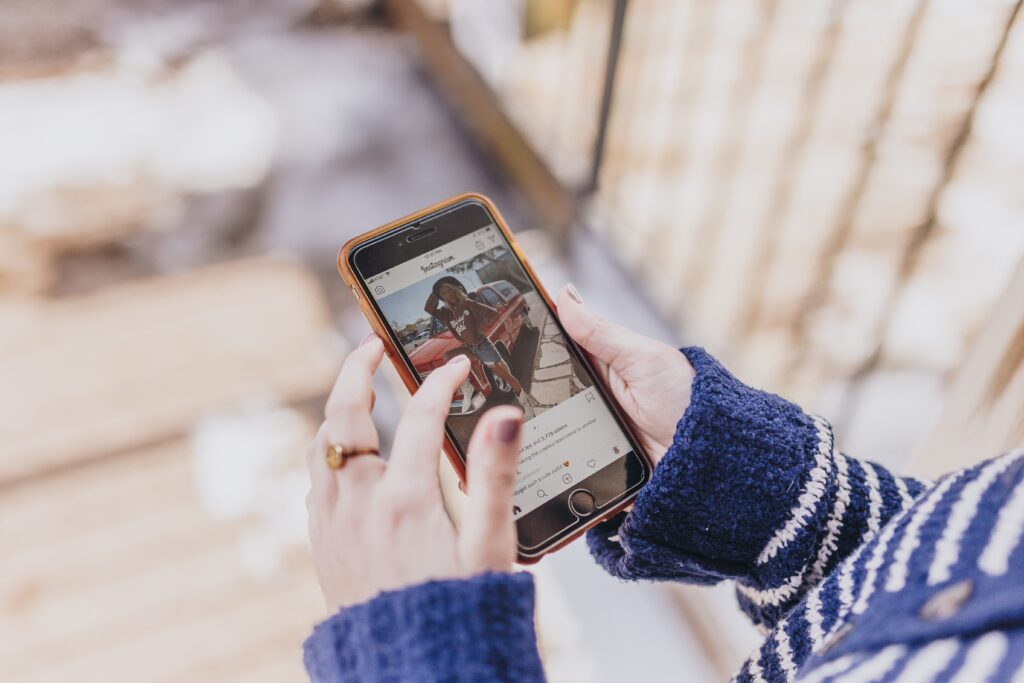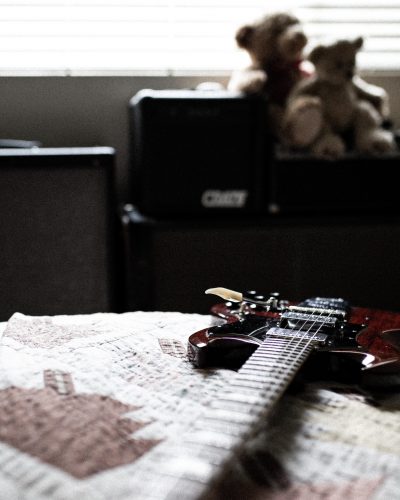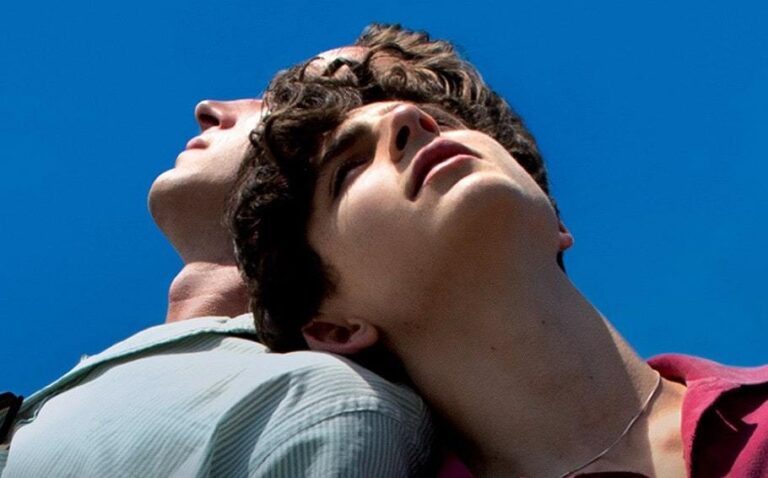
Creative Industry or Content Creation?

These days, most of us have more time to ourselves than ever before. In line with the constant ebb and flow of lockdown restrictions, an increasing number of waking minutes are accompanied by screens and their vices. Even as I am writing this, I can feel myself drawn to the brief, instantly gratifying escapism offered by the social media apps on my phone.
As the various lockdowns of the past two years dragged on and I began spending ever more time engaging with my music and my feeds, I noticed a trend. By and large, social media and music have one thing in common: both of them fundamentally exist to let you show something off. Particularly Instagram and TikTok exist for beautiful people to show themselves and their creations off to the world. While the same can arguably be said for music, in the past, this has always been carried out primarily on stage at live music events. With this aspect of music, like so many other cultural fixtures, being placed in suspended animation, more and more established and emerging showpeople have placed a suggestive emphasis on social media. In short, performers are becoming content creators.
But what of it? Is this migration permanent? Is it good? My goal is not to answer those questions. Rather, it is to explore the implications of this development on an individual level so that we might have a better understanding of the content that we are fed on a daily basis.
Even though the uncertainty around live music in a real venue remains palpable, social media still offers some sort of creative outlet for musicians who want to share their art with the world. Furthermore, chances are that you, currently reading this, are using social media in some form or another and have a certain level of interest in music. This makes you, and millions of others, the perfect target audience for musicians who aspire to create a following for themselves online. As such, the entry threshold for new artists is lower than ever. Oftentimes, the only thing that is required for musicians to have their five seconds of fame is their determination to do so.

While at first glance, the change of musicians from performers to content creators seems to promote the democratization of success, it is well worth looking into the unfortunate caveats that are attached to any social media usage. It is a well-recorded phenomenon that social media promotes idealization, self-misrepresentation and that it takes its toll on the mental well-being of those who engage with it. The same applies to musical content creators. It is easy to compare oneself to others who promote themselves on online. However it is less easy to consolidate the fact that the 30-second clip of an Instagram guitarist perfectly shredding at super-human speeds was at best preceded by countless failed takes, or at worst, modified to play back faster than it was recorded. This is all without mentioning that the demands of the algorithm, and constantly shortening attention spans of users are both creatively stifling and put immense pressure on creators who want sustained relevance.
Having presented some thoughts on the matter, I leave judgements on the merit of musicians as content creators to the reader. I would however like to close with a final comment. To many other music lovers as to myself, music-based content on social media offers a superficial relief from the deprivation of actual live music. Be that as it may, it will never be more than a caricature that vaguely resembles the beautiful feeling elicited by standing in a crowded room, interacting with music that is created there and then. But until we can invariably experience this live musical excitement again, we may just have to do with what we can get.


